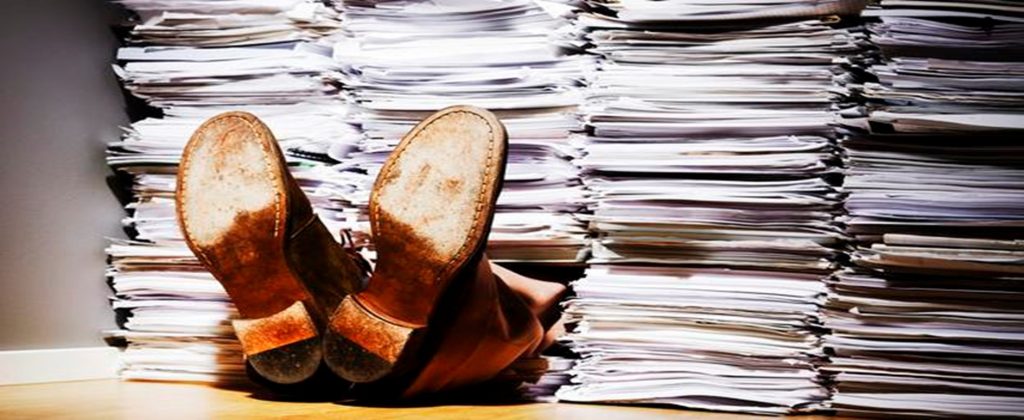برای شروع گفتگو با پشتیبانی در واتساپ، روی دکمه زیر کلیک کنید.

FOR THE first century or so of the industrial revolution, increased productivity led to decreases in working hours. Employees who had been putting in 12-hour days, six days a week, found their time on the job shrinking to 10 hours daily, then, finally, to eight hours, five days a week. Only a generation ago social planners worried about what people would do with all this new-found free time. In the US, at least, it seems they need not have bothered.
Although the output per hour of work has more than doubled since 1945, leisure seems reserved largely for the unemployed and underemployed. Those who work full-time spend as much time on the job as they did at the end of World War II. In fact, working hours have increased noticeably since 1970 — perhaps because real wages have stagnated since that year. Bookstores now abound with manuals describing how to manage time and cope with stress.
There are several reasons for lost leisure. Since 1979, companies have responded to improvements in the business climate by having employees work overtime rather than by hiring extra personnel, says economist Juliet B. Schor of Harvard University. Indeed, the current economic recovery has gained a certain amount of notoriety for its “jobless” nature: increased production has been almost entirely decoupled from employment. Some firms are even downsizing as their profits climb. “All things being equal, we”d be better off spreading around the work,’ observes labour economist Ronald G. Ehrenberg of Cornell University.
0 از 4 سوالات تکمیل شده است .
پرسش و پاسخ:
YES-NO-NOT GIVEN 3
در حال حاضر آزمون را تکمیل کرده اید . شما نمیتوانید دوباره شروع کنید.
آزمون در حال بارگذاری است
شما برای اجرای آزمون باید عضو شده باشید یا وارد پنل کاربری شوید
شما برای شروع این آزمون باید آزمون های مشخص شده را تکمیل نمائید :
شما به 0 سوال از 4 سوال بدرستی جواب دادید
وقت شما:
زمان سپری شده است
امتیاز نهایی شما : 0
پاسخ داده شده : 0
تعداد سوالات صحیح : 0 مورد و امتیاز دریافتی 0
تعداد سوالات غلط : 0 مورد و امتیاز دریافتی 0
1. Today, employees are facing a reduction in working hours.
2. Social planners have been consulted about US employment figures.
3. Salaries have not risen significantly since the 1970s.
4. The economic recovery created more jobs.